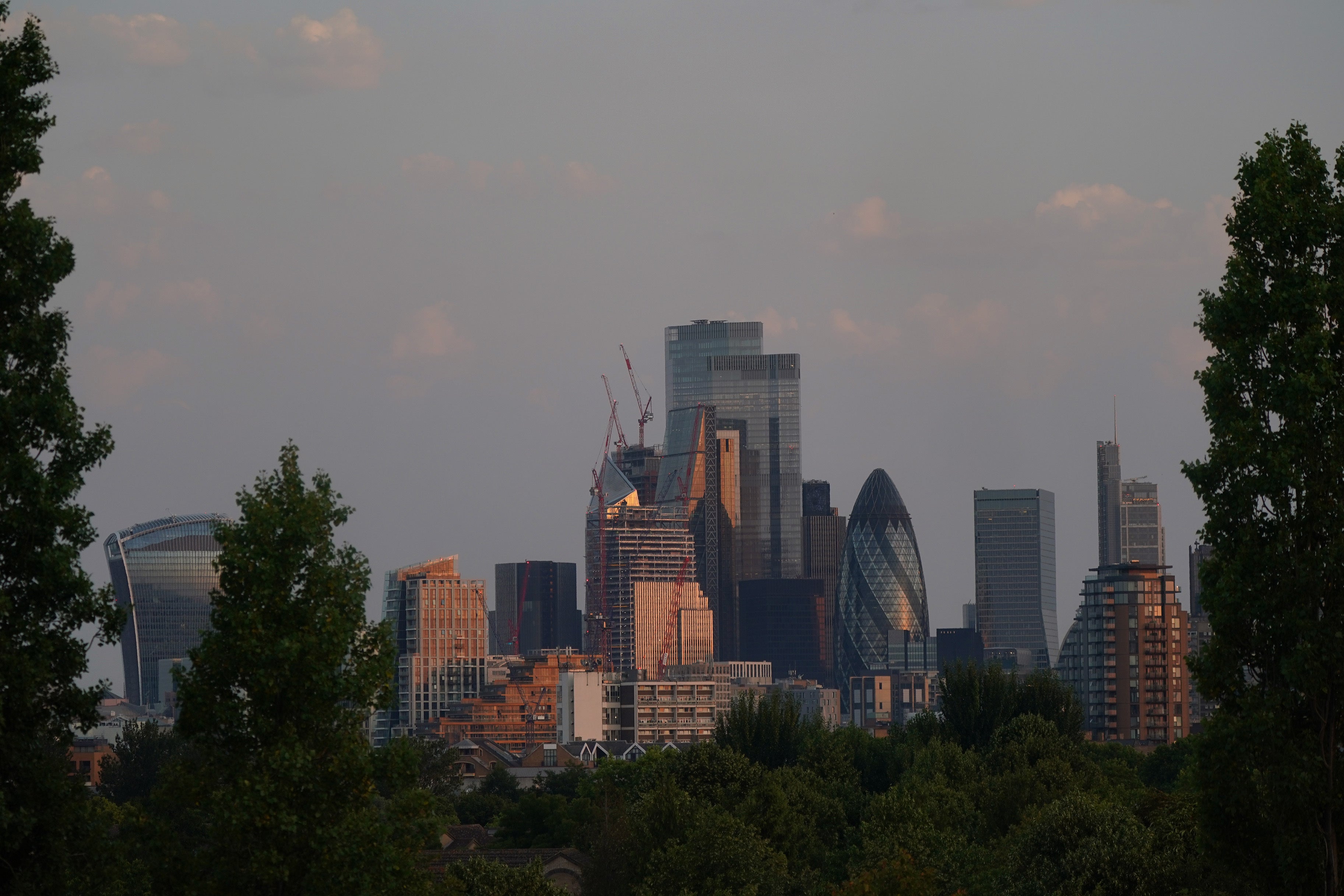FTSE treads water as natural resources weigh on index
The price of oil and commodities fell, thanks to new out of China and Iran

Your support helps us to tell the story
From reproductive rights to climate change to Big Tech, The Independent is on the ground when the story is developing. Whether it's investigating the financials of Elon Musk's pro-Trump PAC or producing our latest documentary, 'The A Word', which shines a light on the American women fighting for reproductive rights, we know how important it is to parse out the facts from the messaging.
At such a critical moment in US history, we need reporters on the ground. Your donation allows us to keep sending journalists to speak to both sides of the story.
The Independent is trusted by Americans across the entire political spectrum. And unlike many other quality news outlets, we choose not to lock Americans out of our reporting and analysis with paywalls. We believe quality journalism should be available to everyone, paid for by those who can afford it.
Your support makes all the difference.The top index in London remained stagnant on Monday, with a poor showing for its all-important natural resources sector.
A weak showing for the Chinese economy weighed on global commodity prices because the country is one of the biggest buyers of mining goods.
It sent Anglo American, Rio Tinto and Antofagasta close to the bottom of the FTSE 100, which ended the day only slight in the green as a result.
By the end of the day, the index was up 8.26 points, or 0.1%, to 7,509.15.
Meanwhile, the price of oil also fell, pushed down by progress in negotiations with Iran over a potential nuclear deal. BP and Shell shares fell.
The price of Brent crude oil dropped 4% to 94.25 dollars per barrel.
The falls might signal a small amount of relief for soaring prices globally and help take the edge off inflation, said Chris Beauchamp, chief market analyst at online trading platform IG.
“A big component of the bounce since the July low has been the expectation that inflation readings will moderate thanks to the falls in oil and other commodities,” he said.
“Today’s fresh drops, caused in no small part by the China data, will help those arguing that last week’s US CPI (consumer prices index inflation) was not a one-off.
“Oil’s fall owes more to hopes of a deal with Iran, but regardless of cause weaker commodity prices should help indices push higher, even with oil’s fall hitting energy names.”
In Europe and the US, the main indexes seemed to be in slightly better moods to the FTSE on Monday.
By the end of the day, Germany’s Dax had risen 0.2%, while the Cac 40 in Paris was up 0.3%.
On Wall Street, the S&P 500 and Dow Jones were both up around 0.2% when markets closed in Europe.
In company news, fashion retailer Joules said that it had hired Jonathon Brown as its next boss as its old chief executive leaves following profit warnings.
The former Compare The Market chief will take over from Nick Jones, who said in May he will step down from the top job.
Shares have dropped more than 80% since this time last year. They rose 1.9% on Monday.
Meanwhile insurance company Phoenix said it has done well over the last six months as cash generation rose 9% to £950 million in the six months to the end of June.
The figure will be at the top end of its target range of between £1.3 billion and £1.4 billion this year, the firm said.
Investors were hardly blown away, however, with shares rising just 0.5%.
The biggest risers on the FTSE 100 were RS Group, up 55p to 1,143p, London Stock Exchange, up 256p to 8,440p, AstraZeneca, up 250p to 10,962p, Admiral Group, up 52p to 2,310p, and IAG, up 2.48p to 120.58p.
The biggest fallers on the FTSE 100 were GSK, down 44p to 1,406p, Rio Tinto, down 108.5p to 4,735.5p, Anglo American, down 62p to 2,901p, Mondi, down 31p to 1,674p, and Haleon, down 5p to 266.7p.